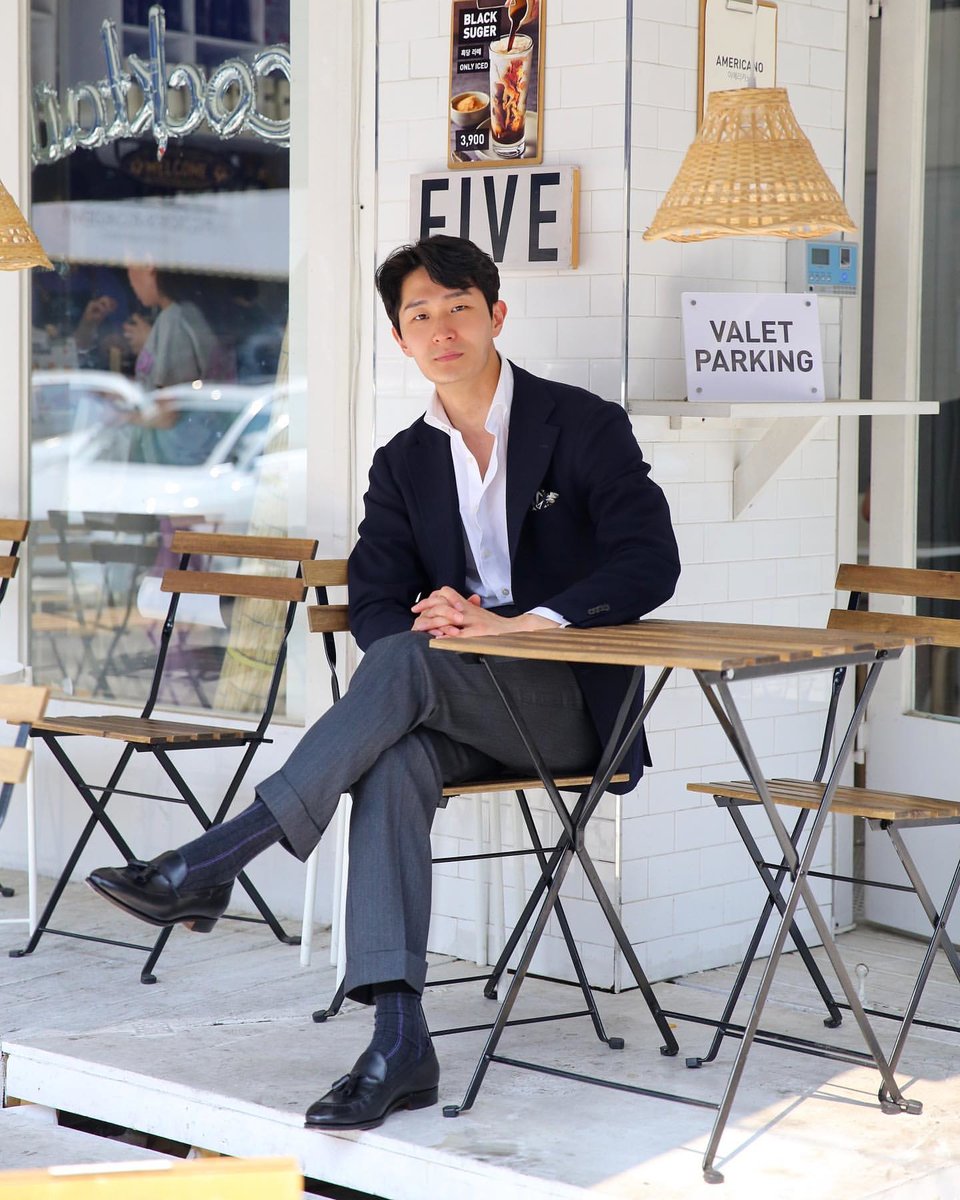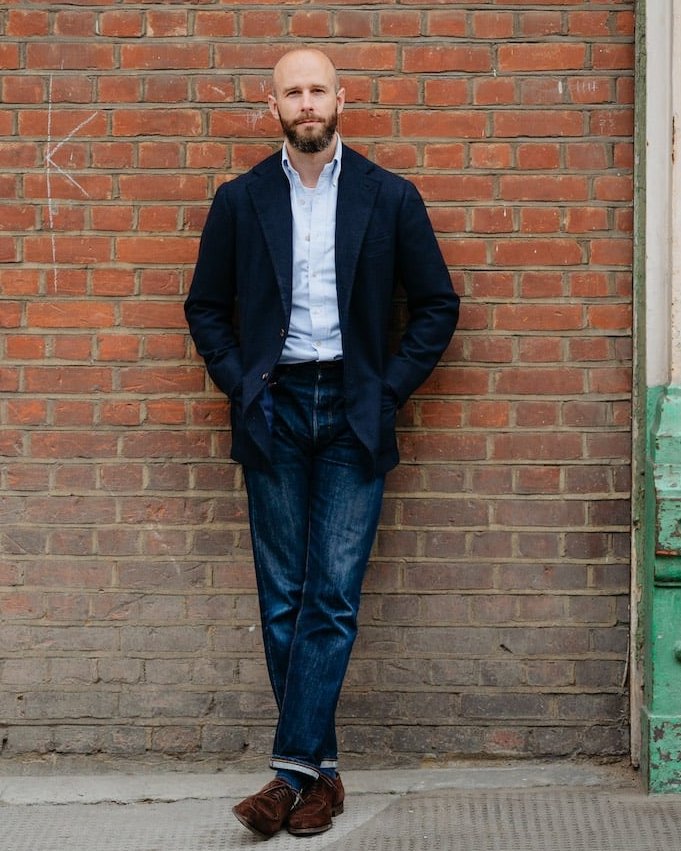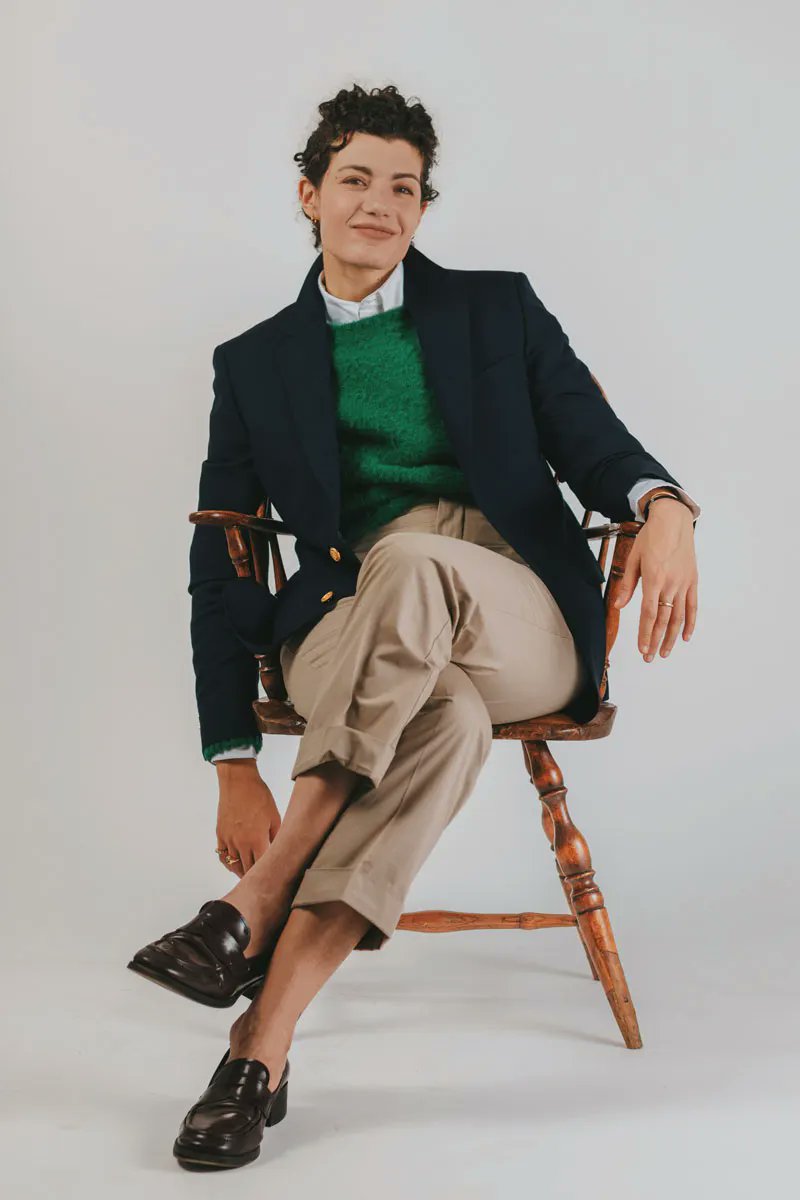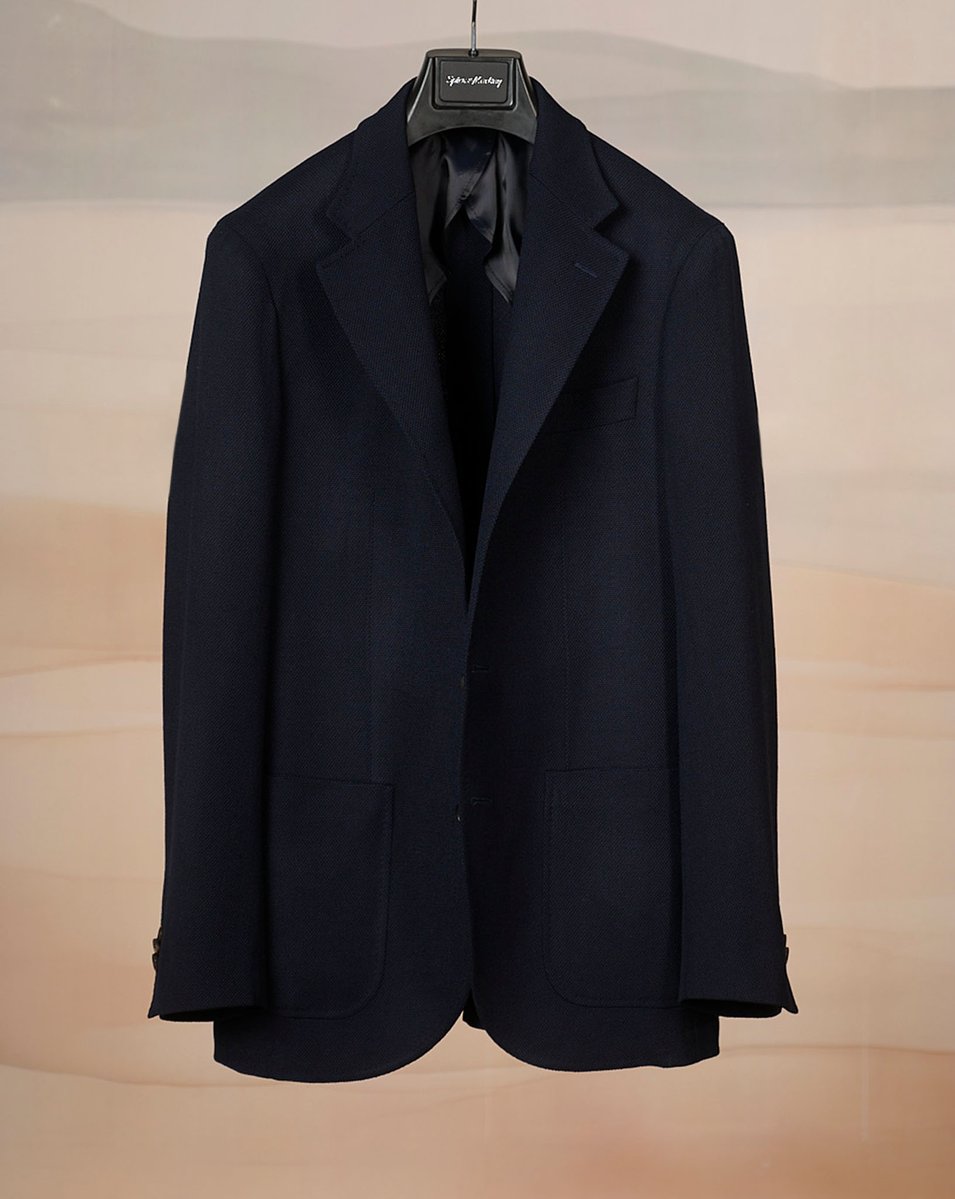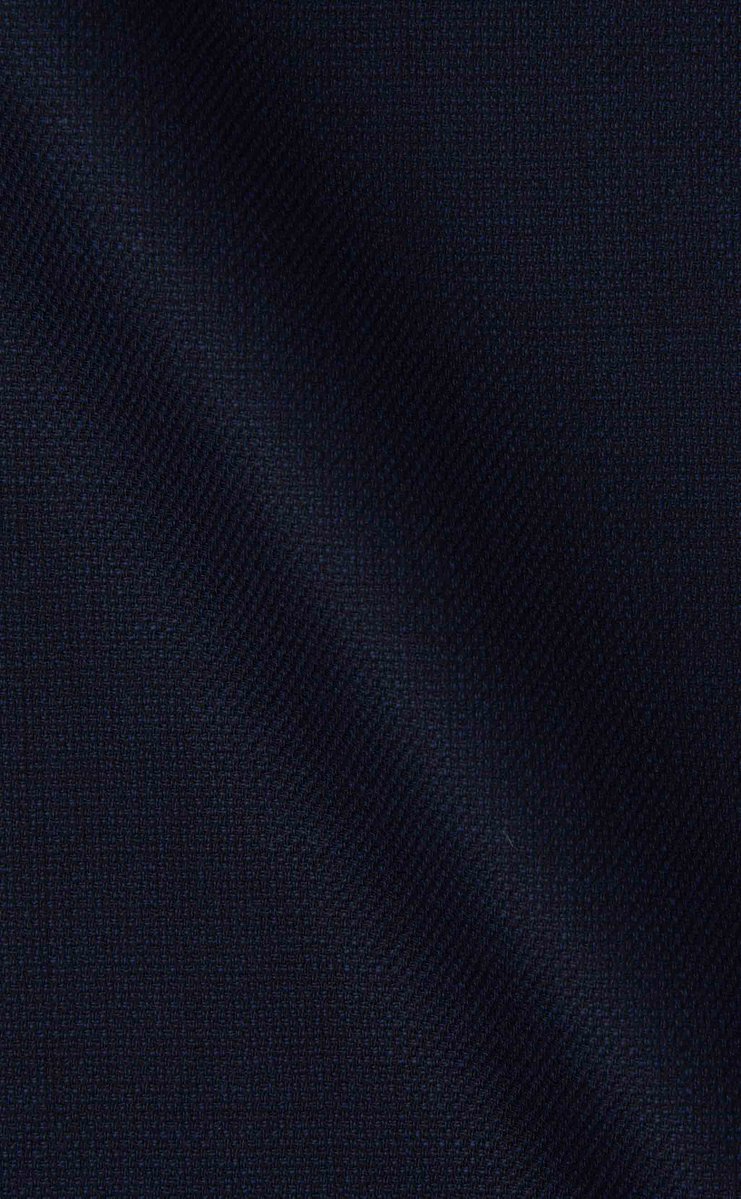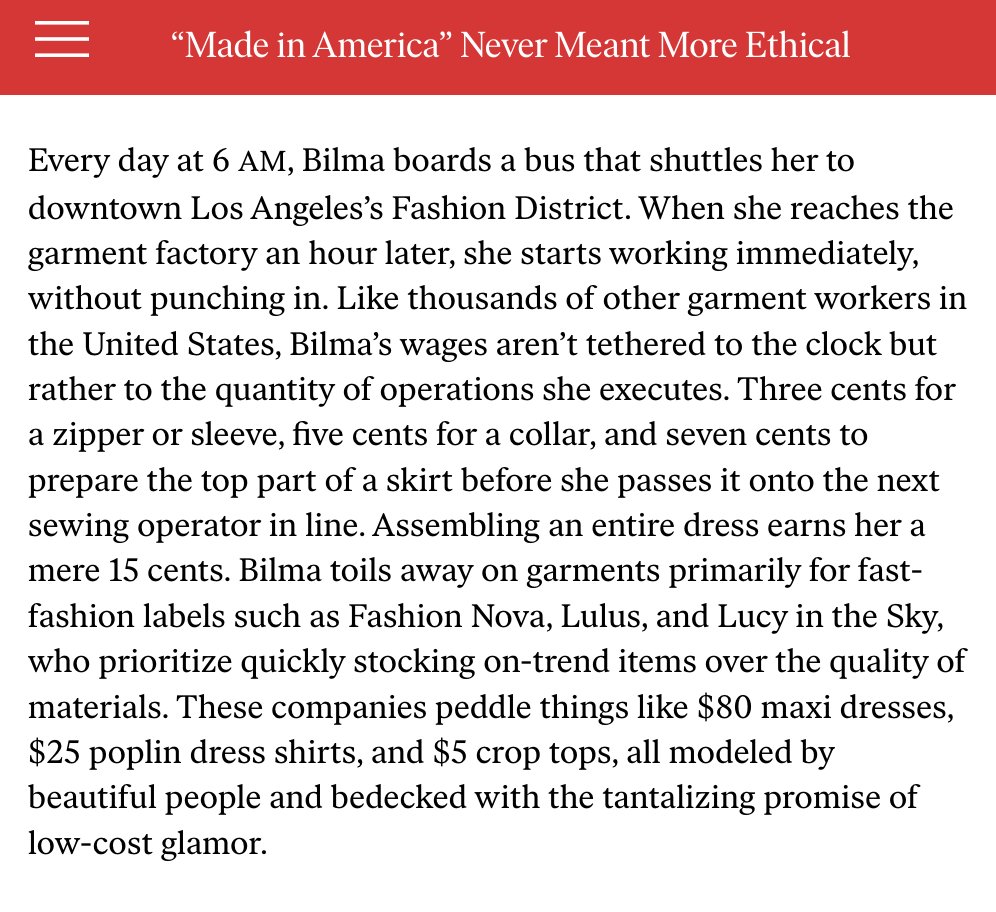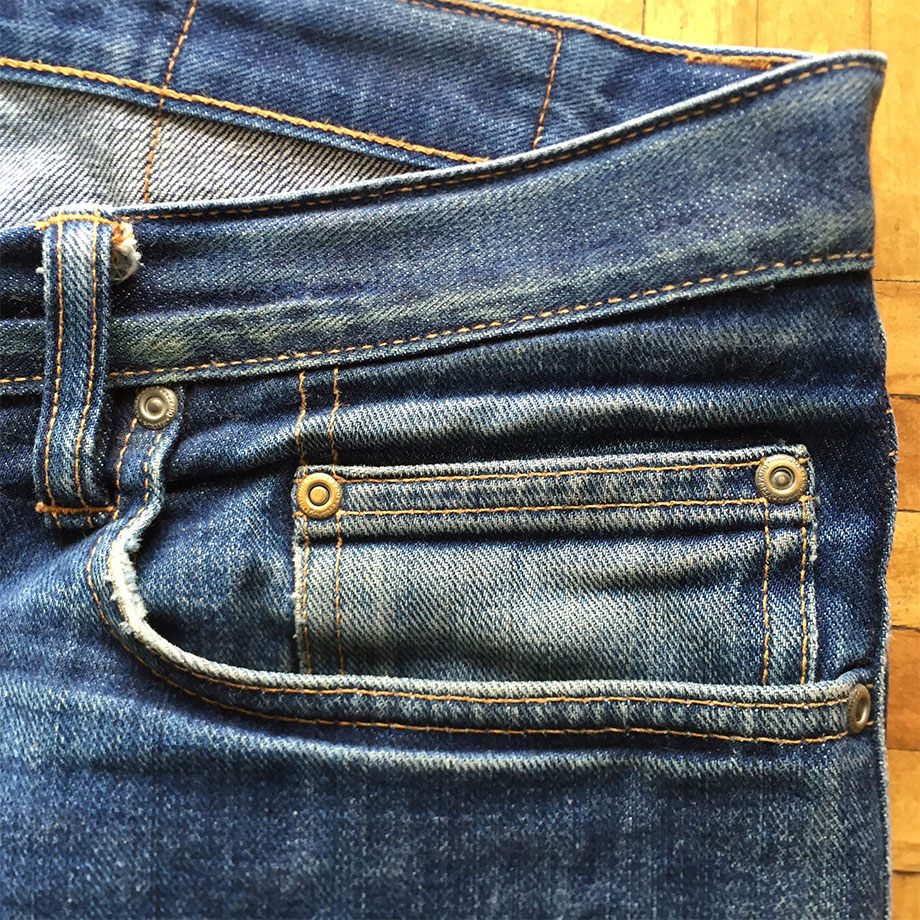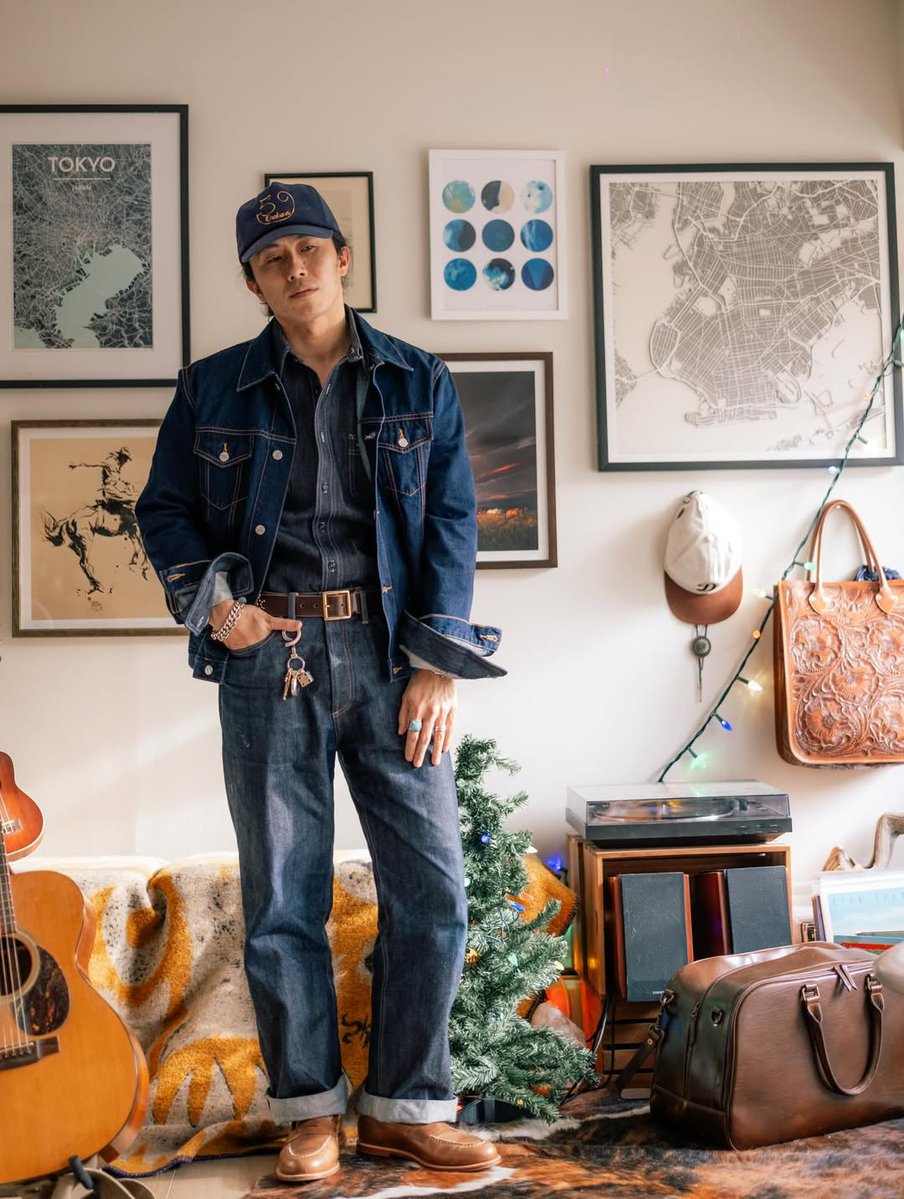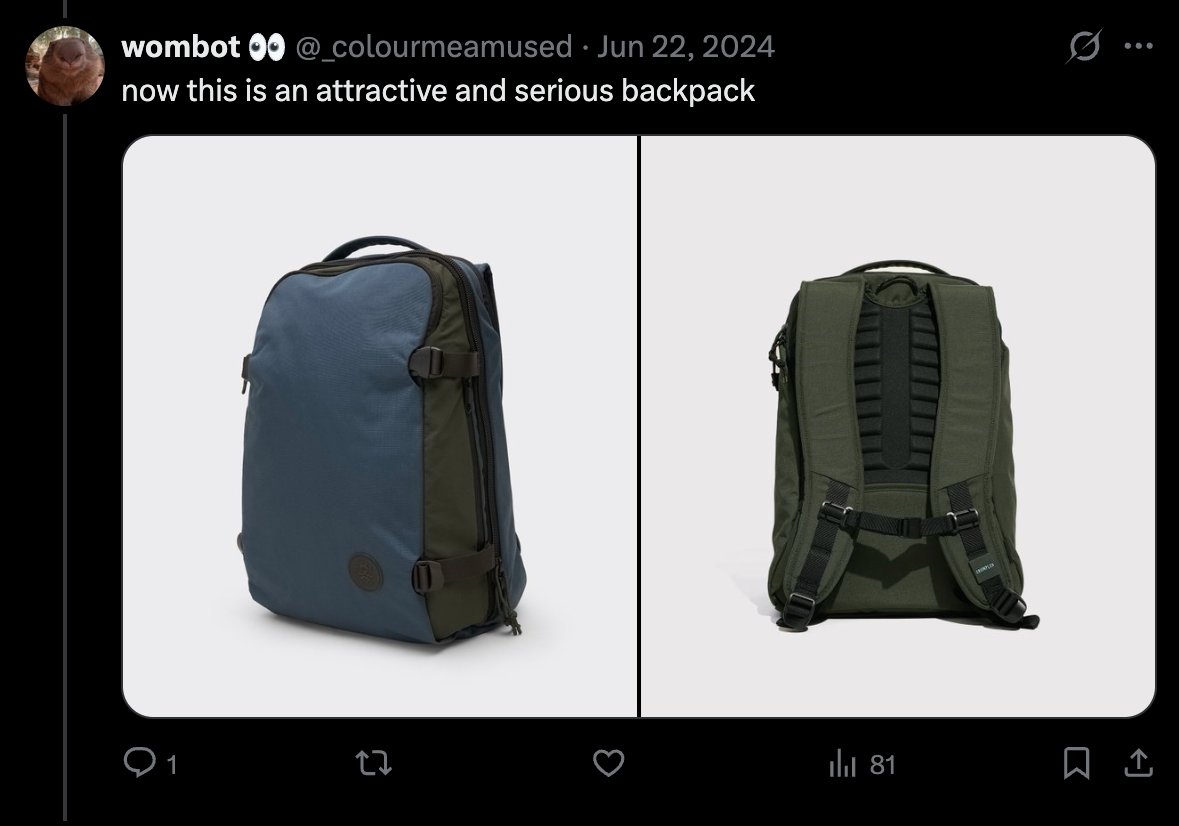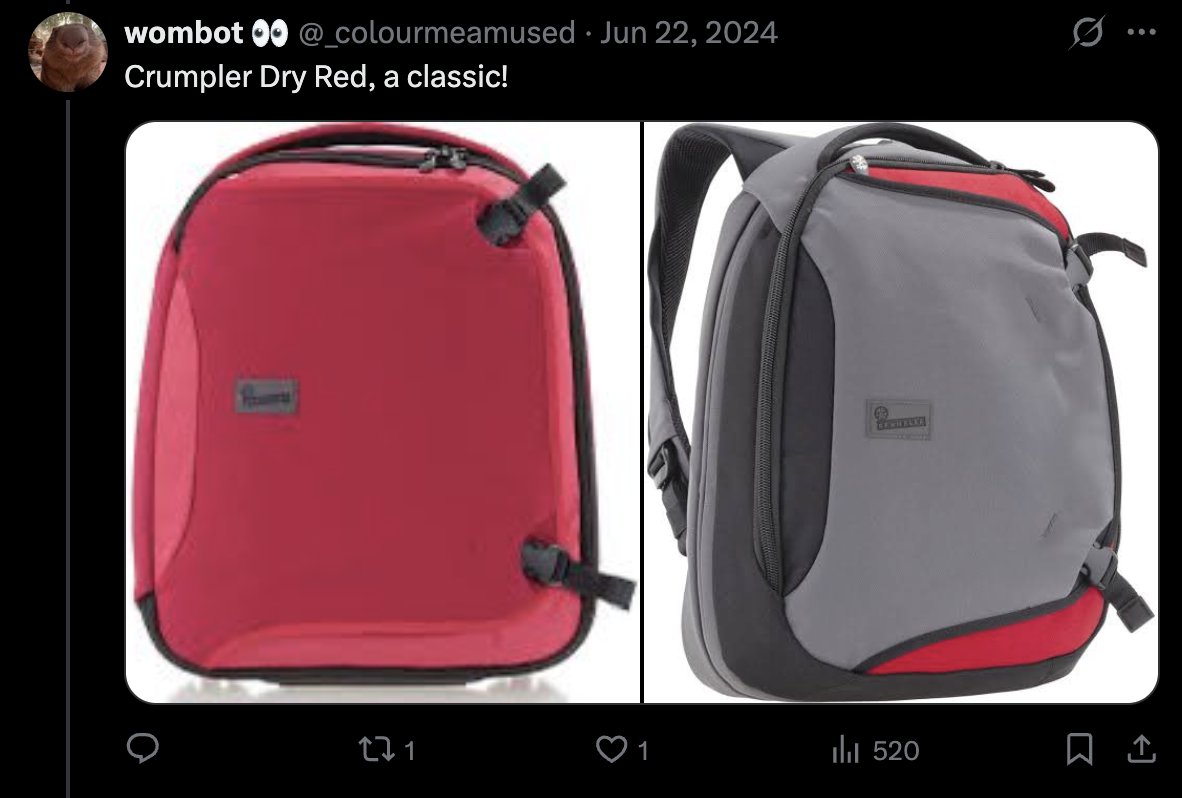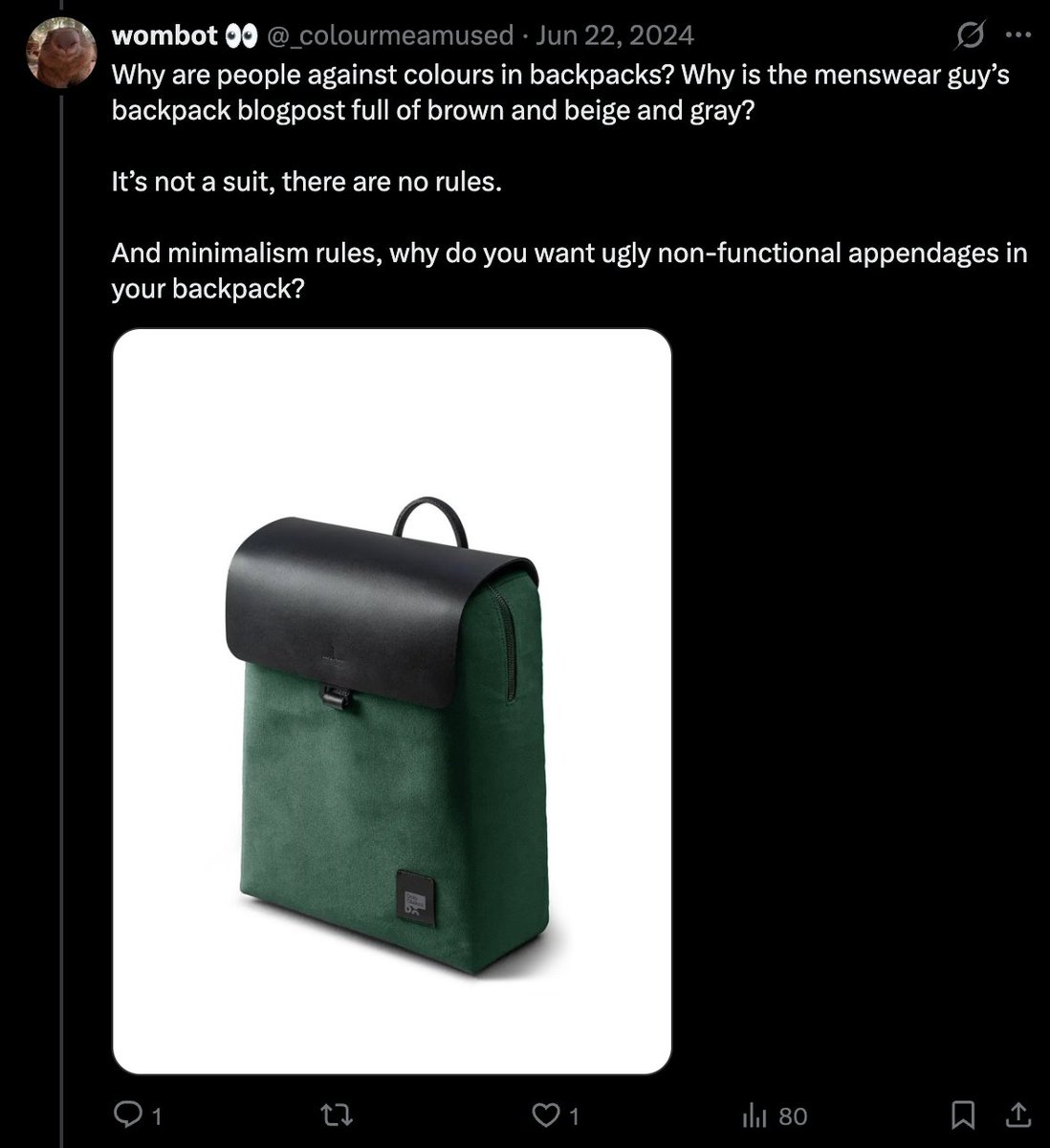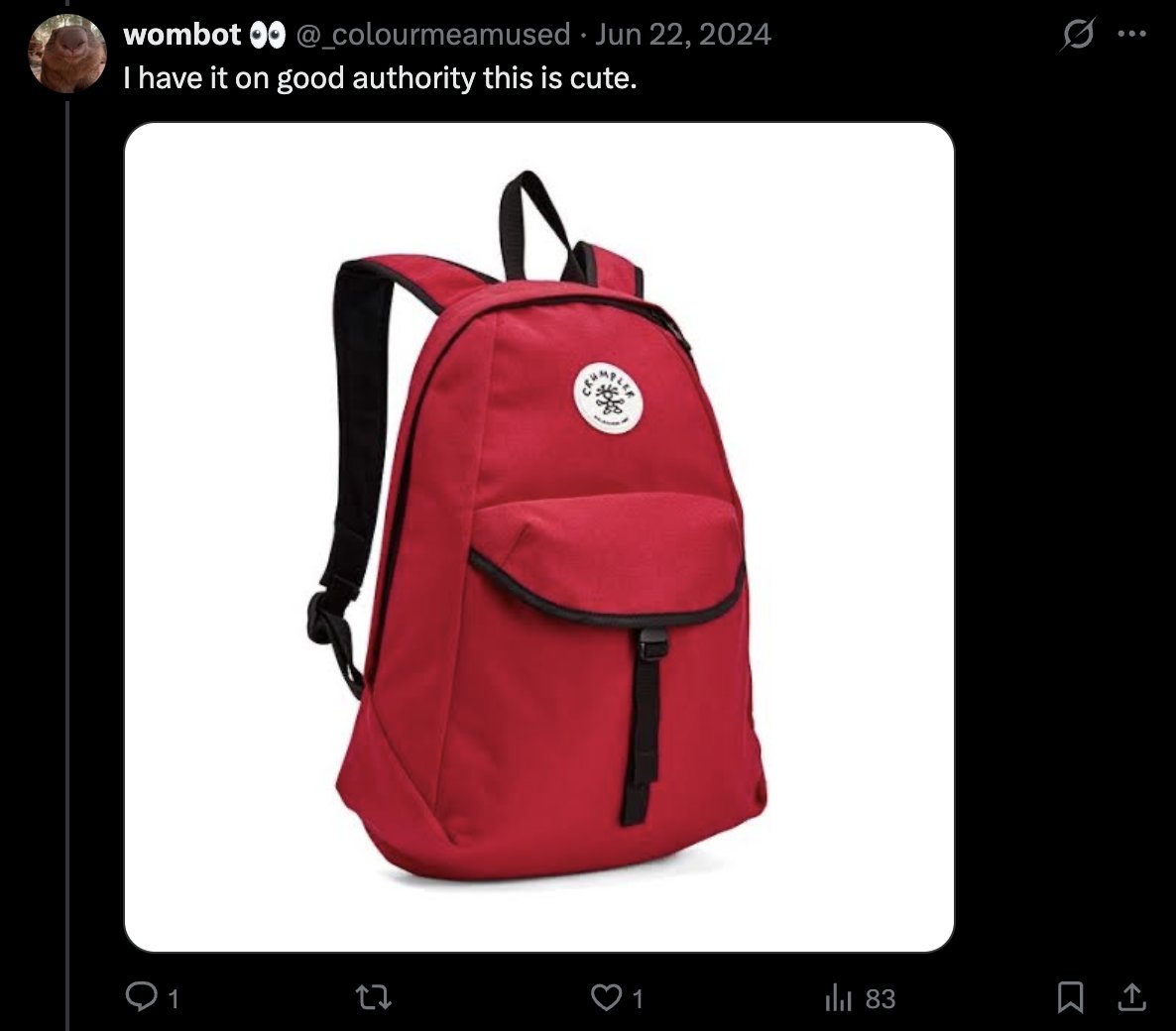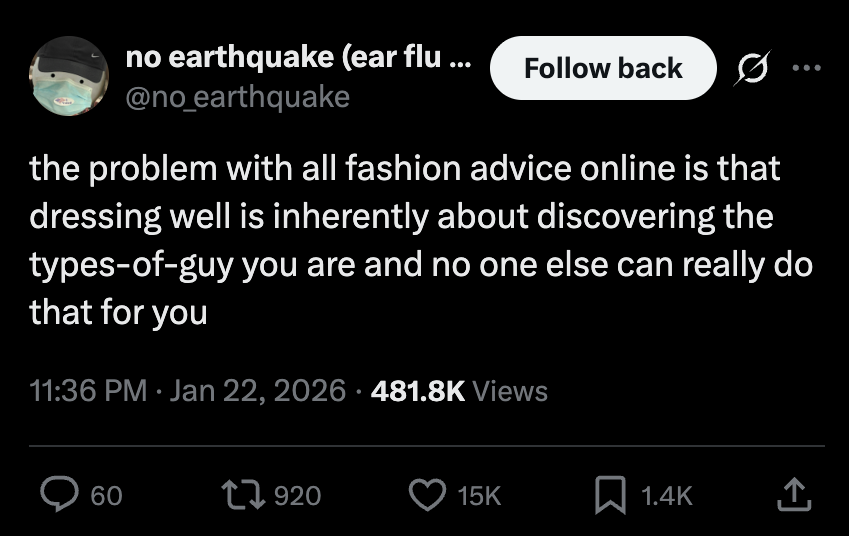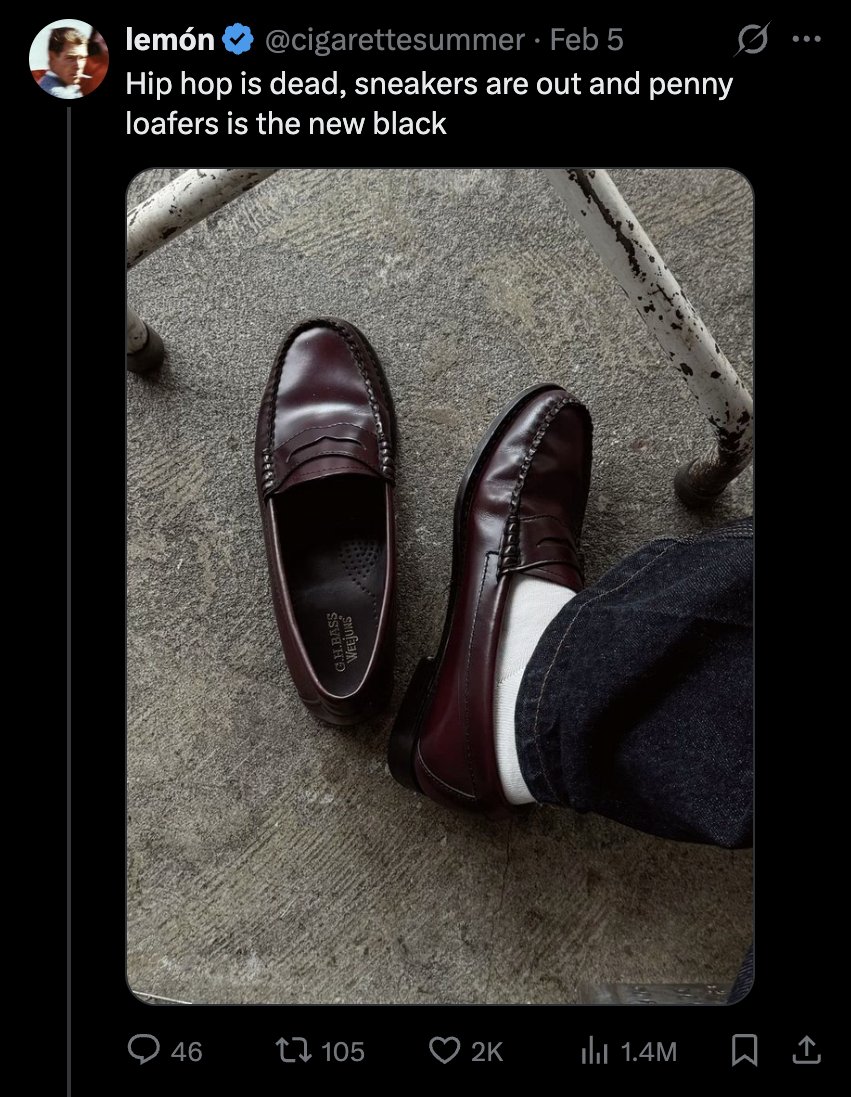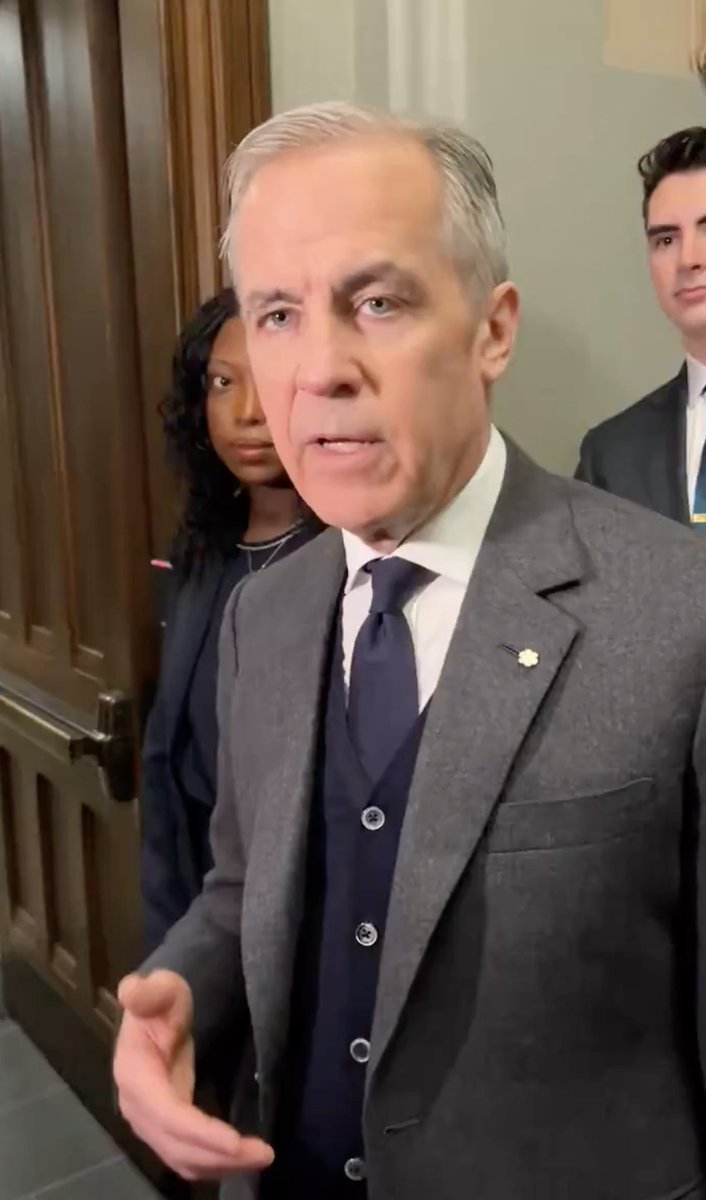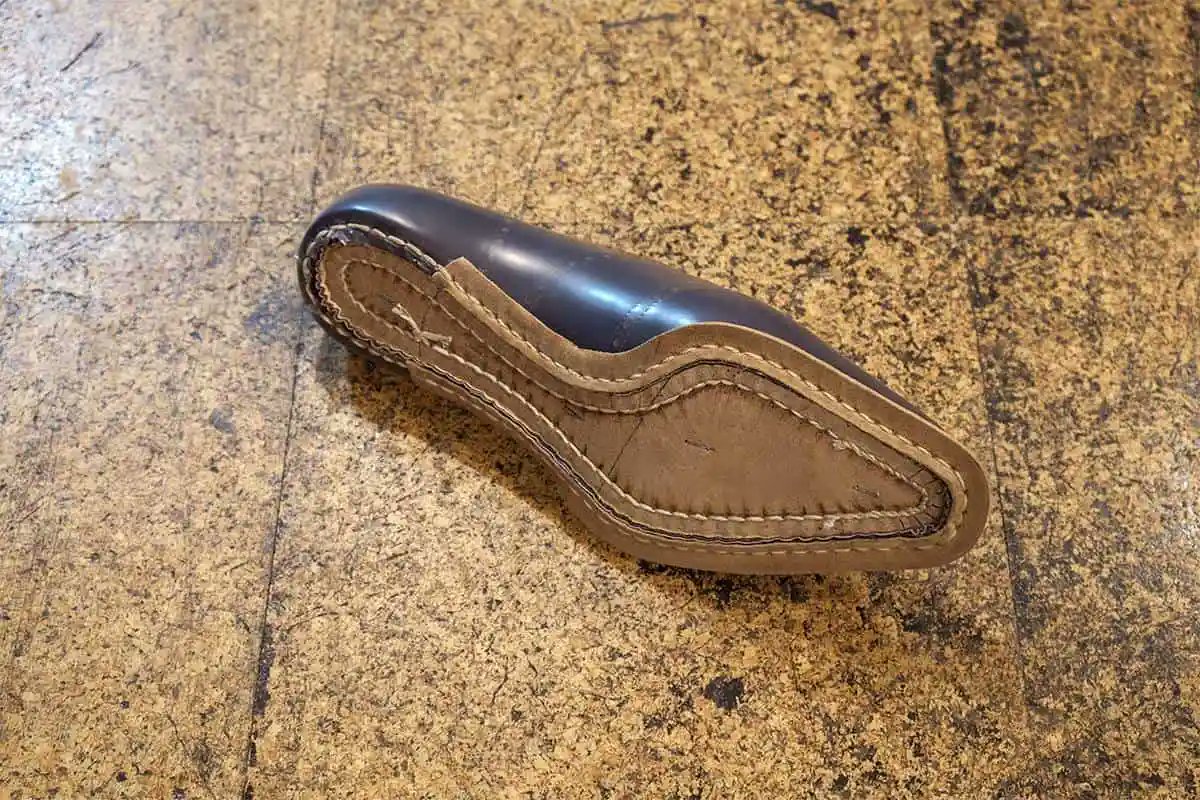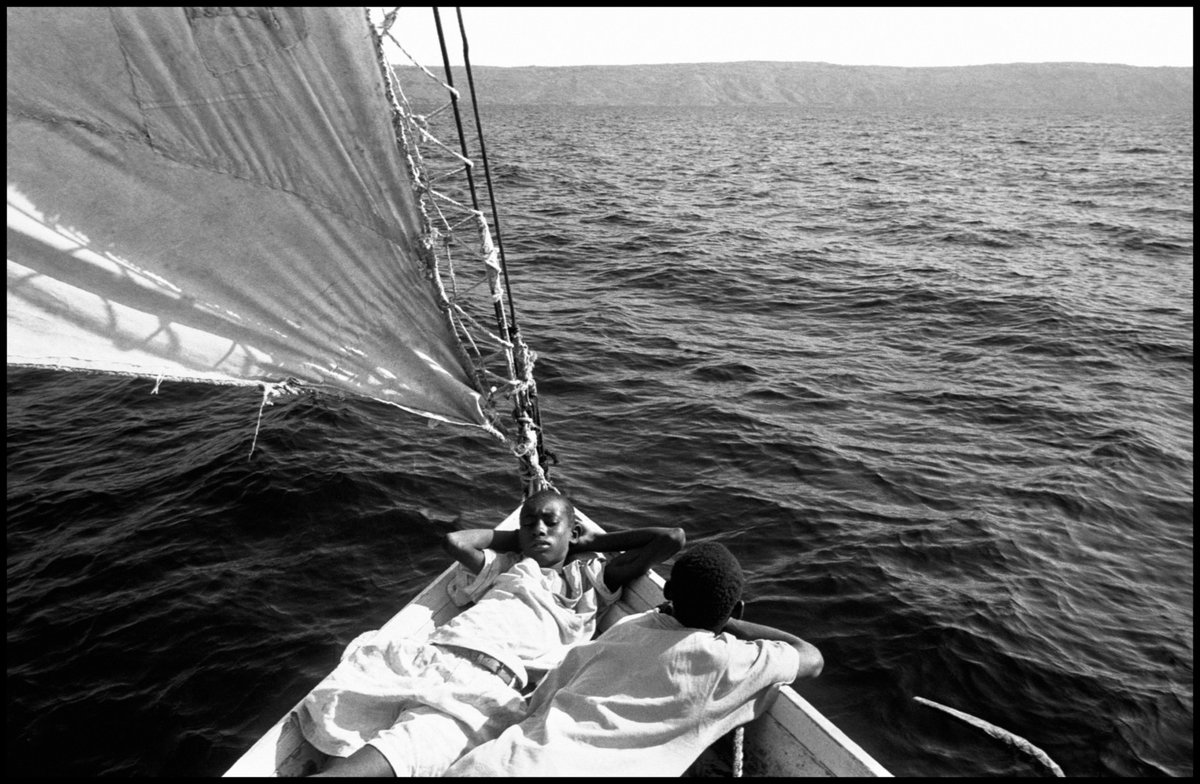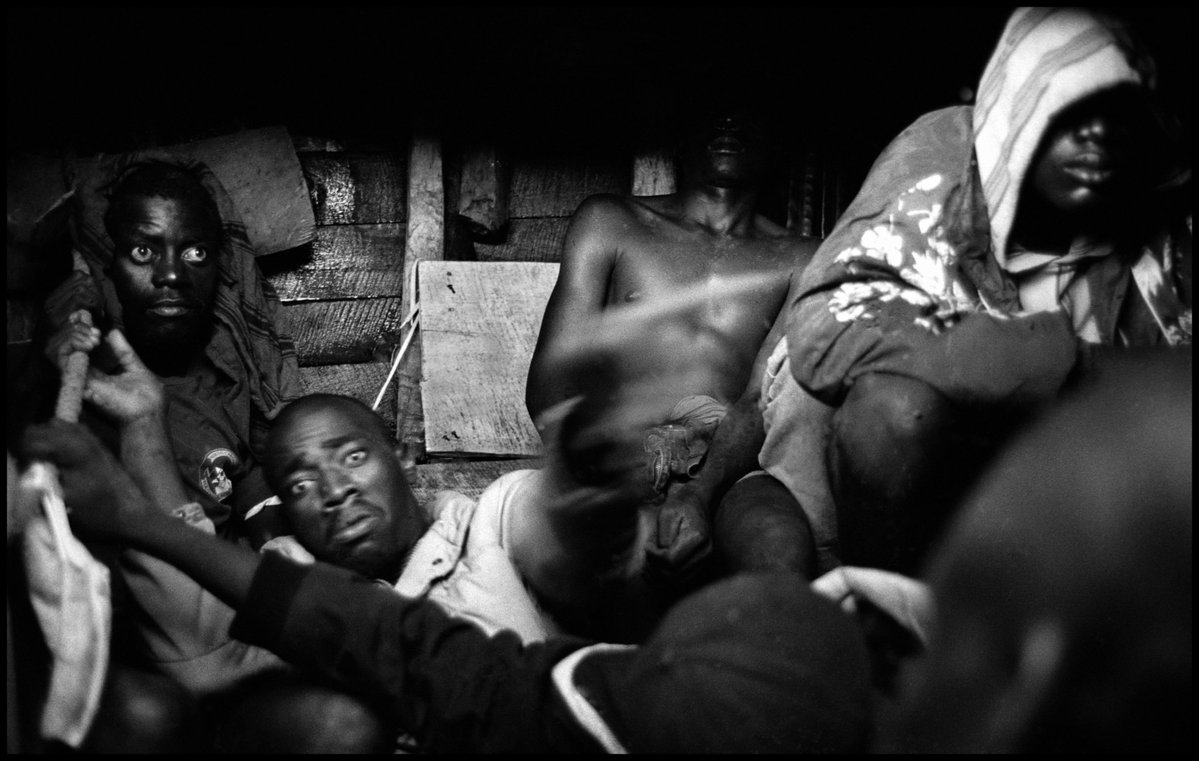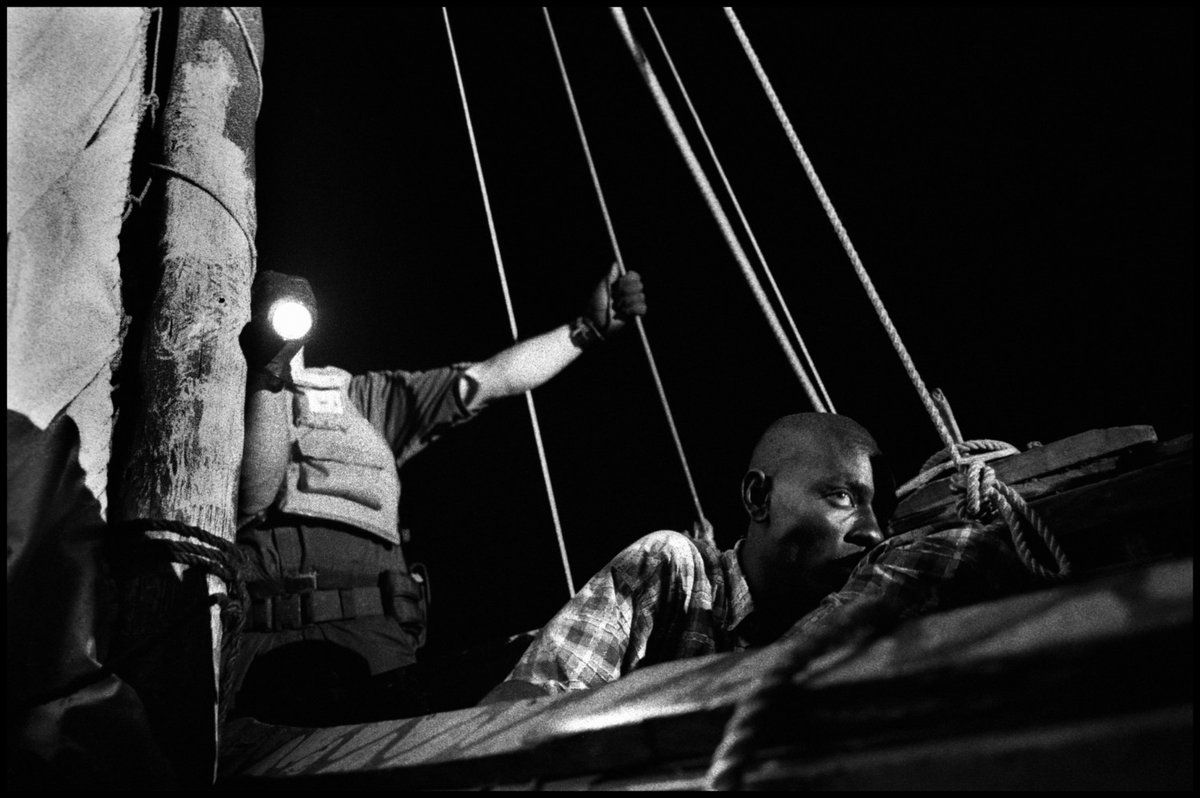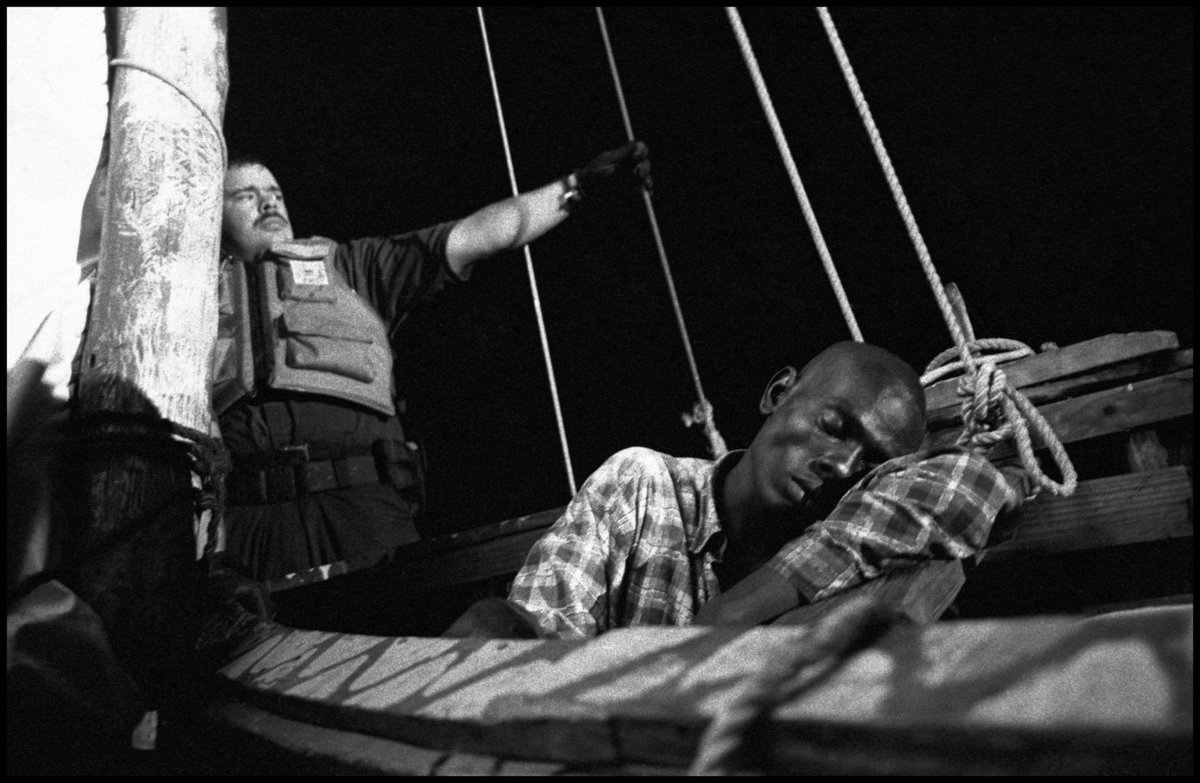Let's talk about this because you may get invited to a party this holiday season that calls for "cocktail attire." What is cocktail attire? And how can you do it well? 🧵 

The term "cocktail attire" comes from a time when people went out and mingled at cocktail bars. In these physical spaces, there were two groups:
1) People just getting off of work
2) People on their way to another evening event, such as seeing a show
1) People just getting off of work
2) People on their way to another evening event, such as seeing a show

As such, cocktail attire refers to the things that people naturally wore during this period, given where they had just come from or where they were heading.
Office workers wore suits.
People on their way to an evening show, such as the opera, wore black tie.


Office workers wore suits.
People on their way to an evening show, such as the opera, wore black tie.


We don't really live in that world anymore, but if the invite says "cocktail attire," you will never be wrong showing up in a dark business suit or black tie.




However, in doing so, you should aim to dress elegantly. That means wearing dress shoes instead of sneakers, black calfskin instead of brown suede, dark worsteds instead of rustic materials like brown corduroy. Maybe a bit of velvet. Think: fancy evening attire. 

Many in these situations will feel tempted to ditch the tie, fearing that they'll look overdressed. If you are wearing a dark business suit, I encourage you to not do this. A dark business suit without a tie is like the night sky without stars. It looks sad and defeated. 

If you're not going to wear a tie, I encourage you to put more thought into the rest of your outfit. Don't just ditch the tie and assume you look like George Clooney. One solution is to wear a thin merino turtleneck. This looks more thoughtful and stylish.




Another easy solution is to wear a long-sleeve polo, but not like the ones you see at Lacoste or Fred Perry. You want a polo with a collar band, so that the collar stands up better. This will make it behave more like a dress shirt. @ProperCloth sells some nice MTM ones



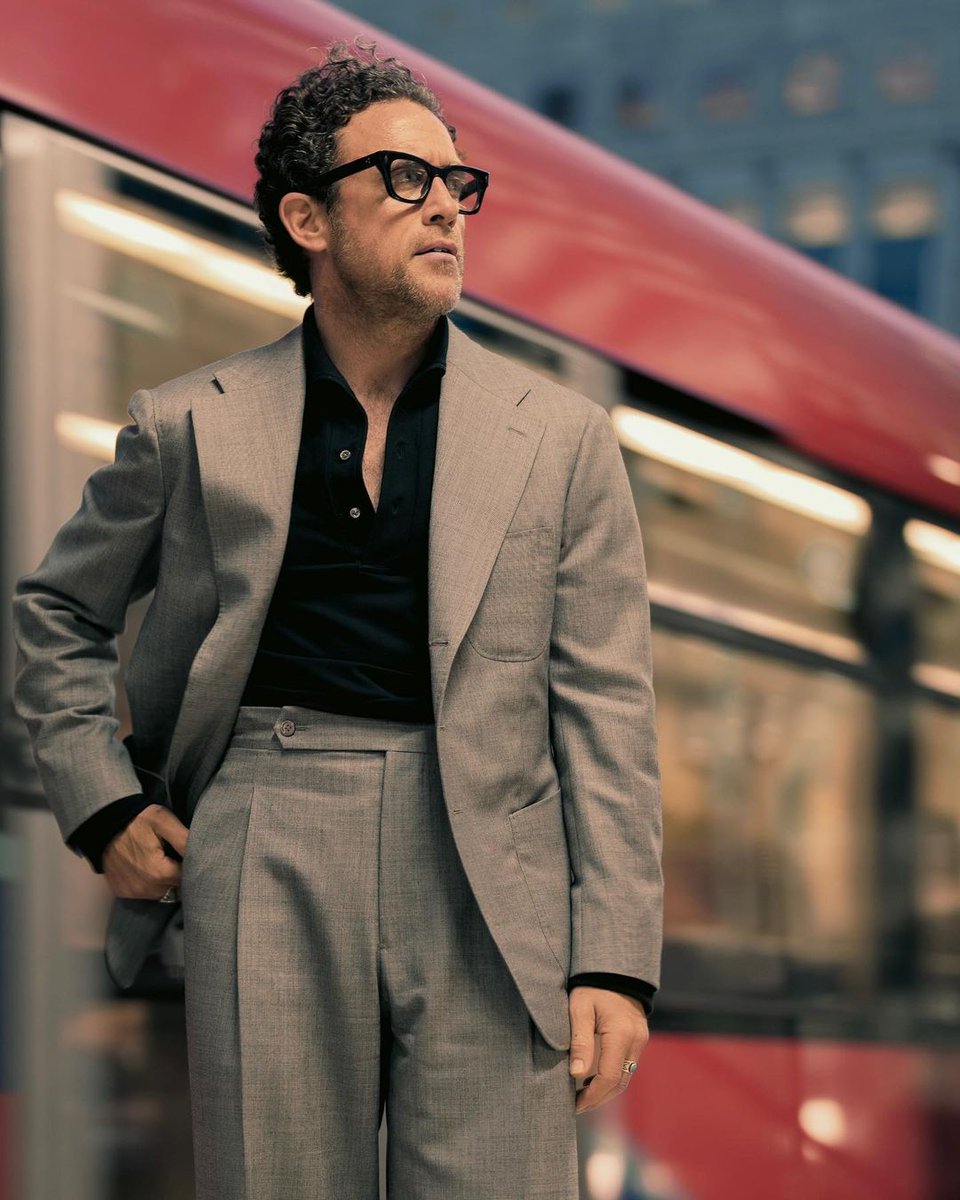
If a suit feels too formal, then try a sport coat. To me, sport coats lack the elegance of a suit, but they're still a great option for evening events. They are also easier to wear without a tie, as the whole ensemble now looks more casual. 

Since this is an evening affair, consider how to make this look elegant. Something like this black/ white houndstooth from Besnard will look better at night than a brown sporting tweed (which, while wonderful, is better for the afternoon).




If you have room in your wardrobe, you can also get a wool-mohair suit (60/40 blend is my preference). Mohair is a stiff, slippery fiber that has a slight sheen. I think it looks amazing under artificial light (dim bars and restaurants). Outfit can be conservative or wild




An easy way to make an outfit look more chic in the evening is to rely on the same color and get your contrast from fiber, texture, or sheen. For example, a navy merino turtleneck can look amazing with a navy suit in hopsack or twill. Again, black shoes in the evening. 

If you have the personality for it, you can also pull off something a little more colorful. My friend @toneloki73 here is wearing tartan trousers with a velvet jacket and red turtleneck. The whole outfit feels very celebratory, perfect for drinking cocktails. 

The point here is to use history as a guide. Once you know the origins of cocktail attire, you can get a sense of how you should dress. Then use the parameters to express yourself. Aim to create an elegant party outfit. Make the night feel special.




• • •
Missing some Tweet in this thread? You can try to
force a refresh


